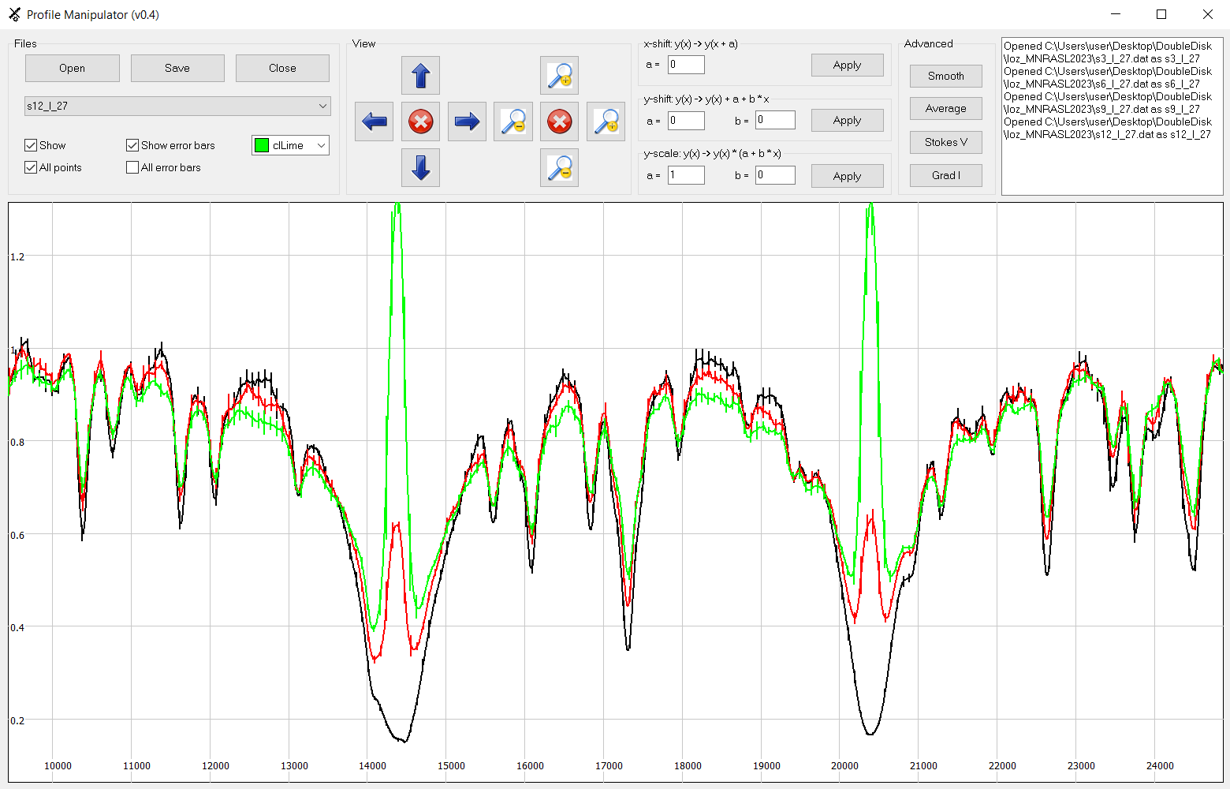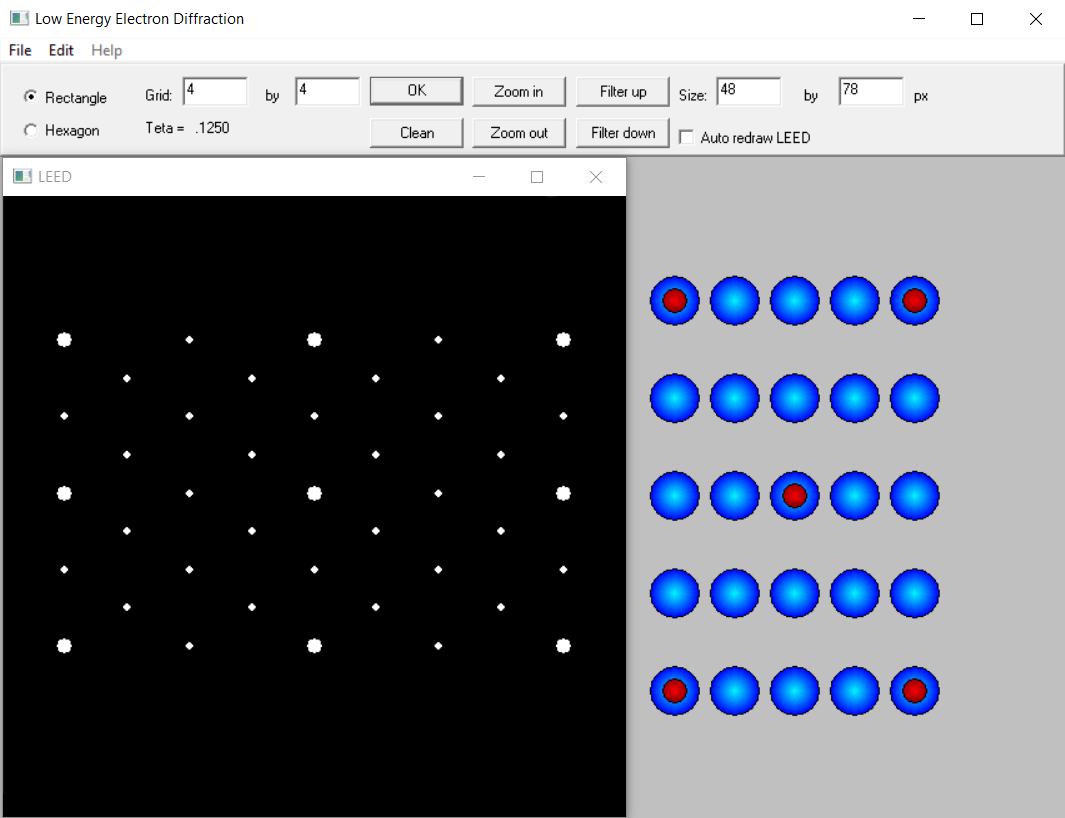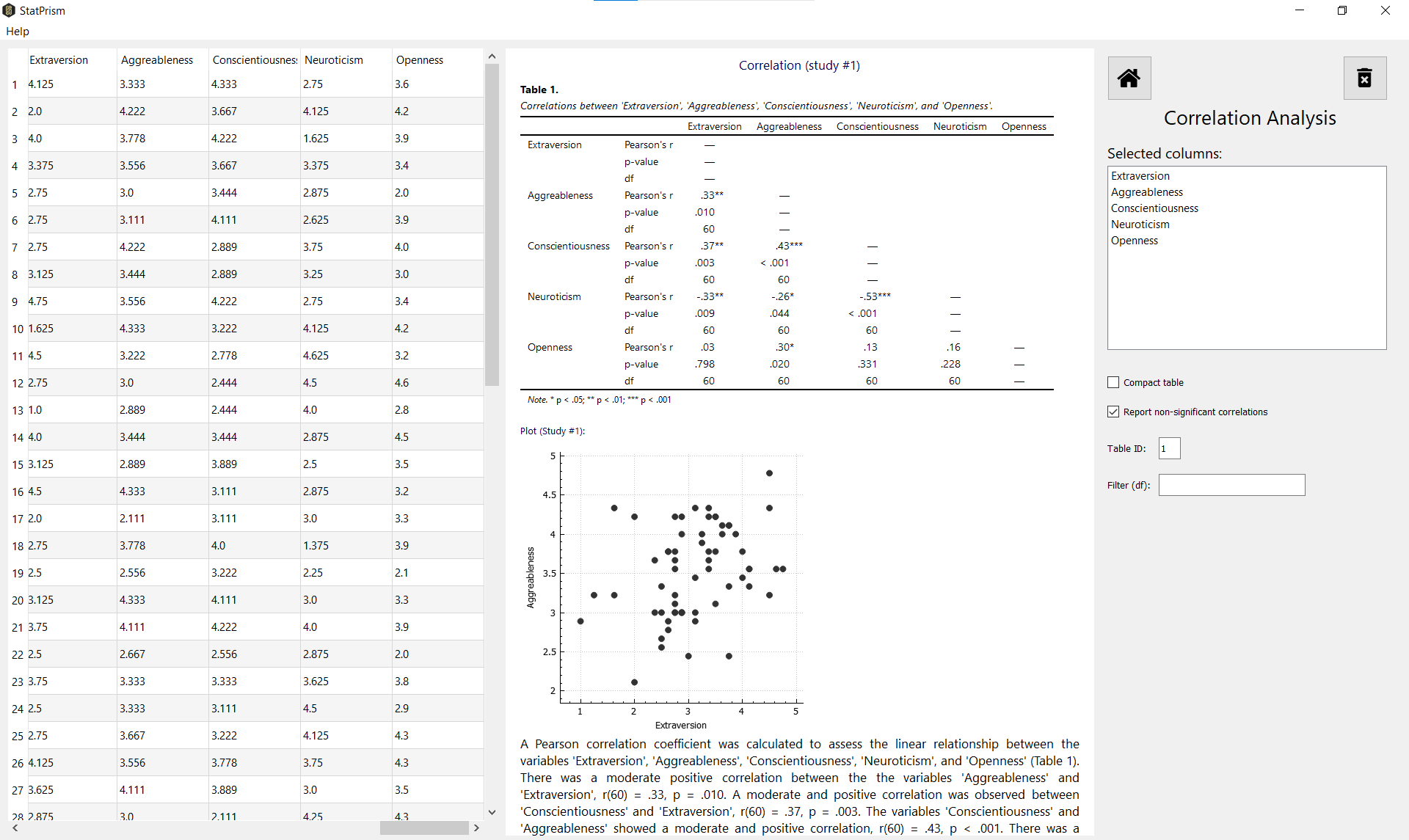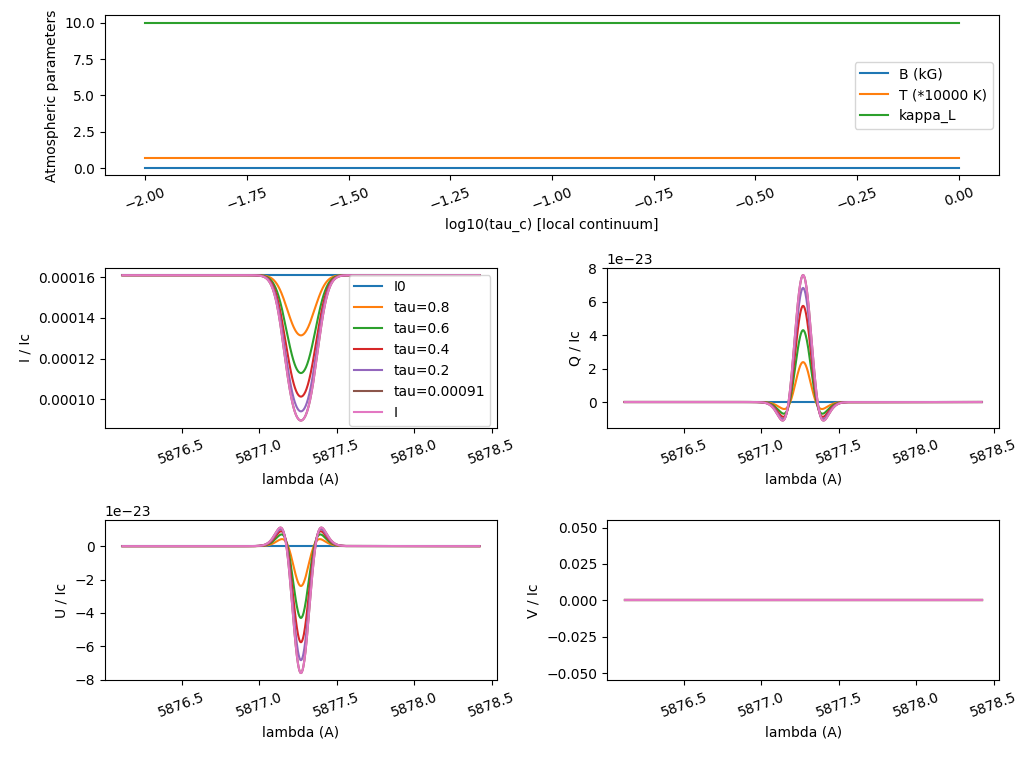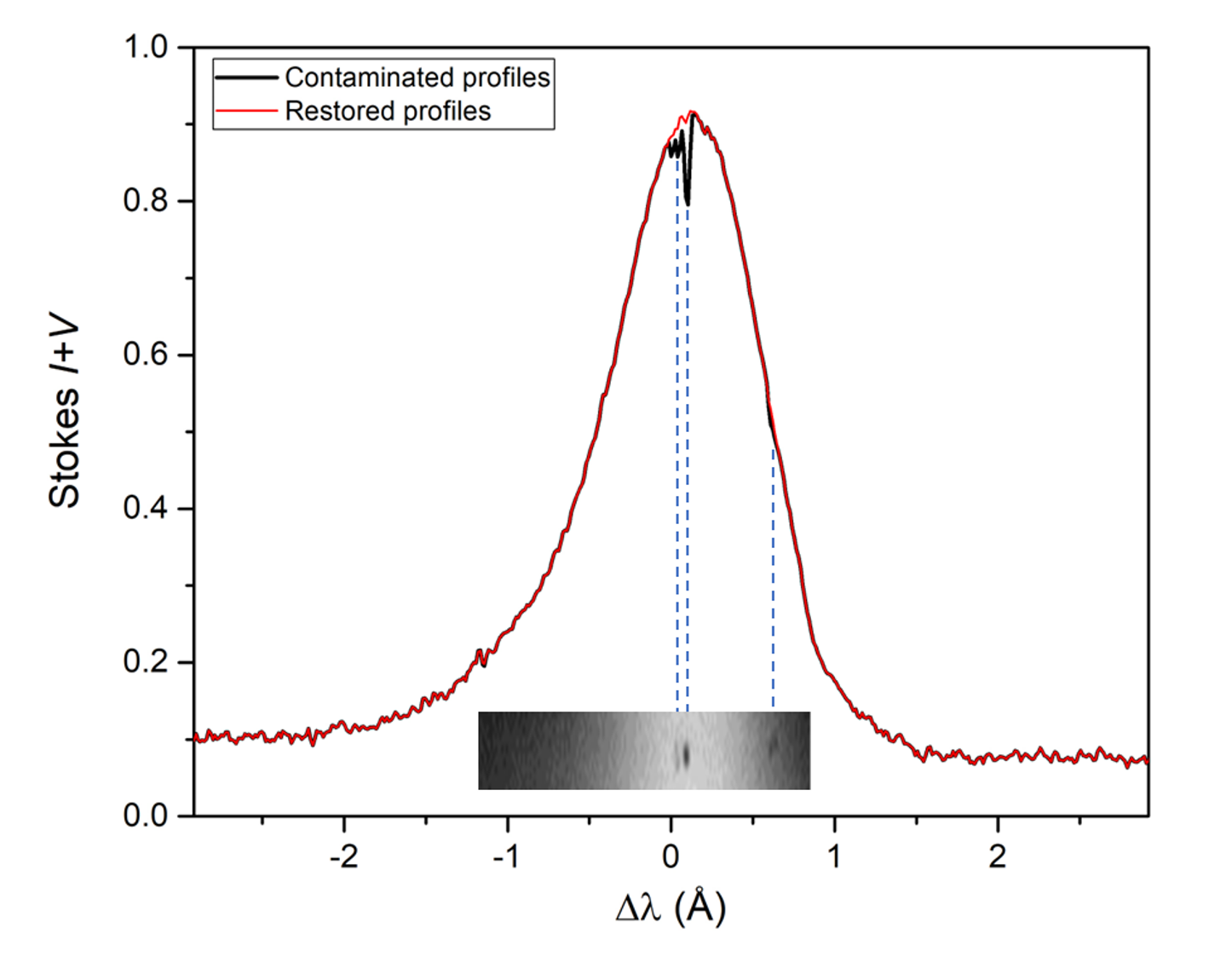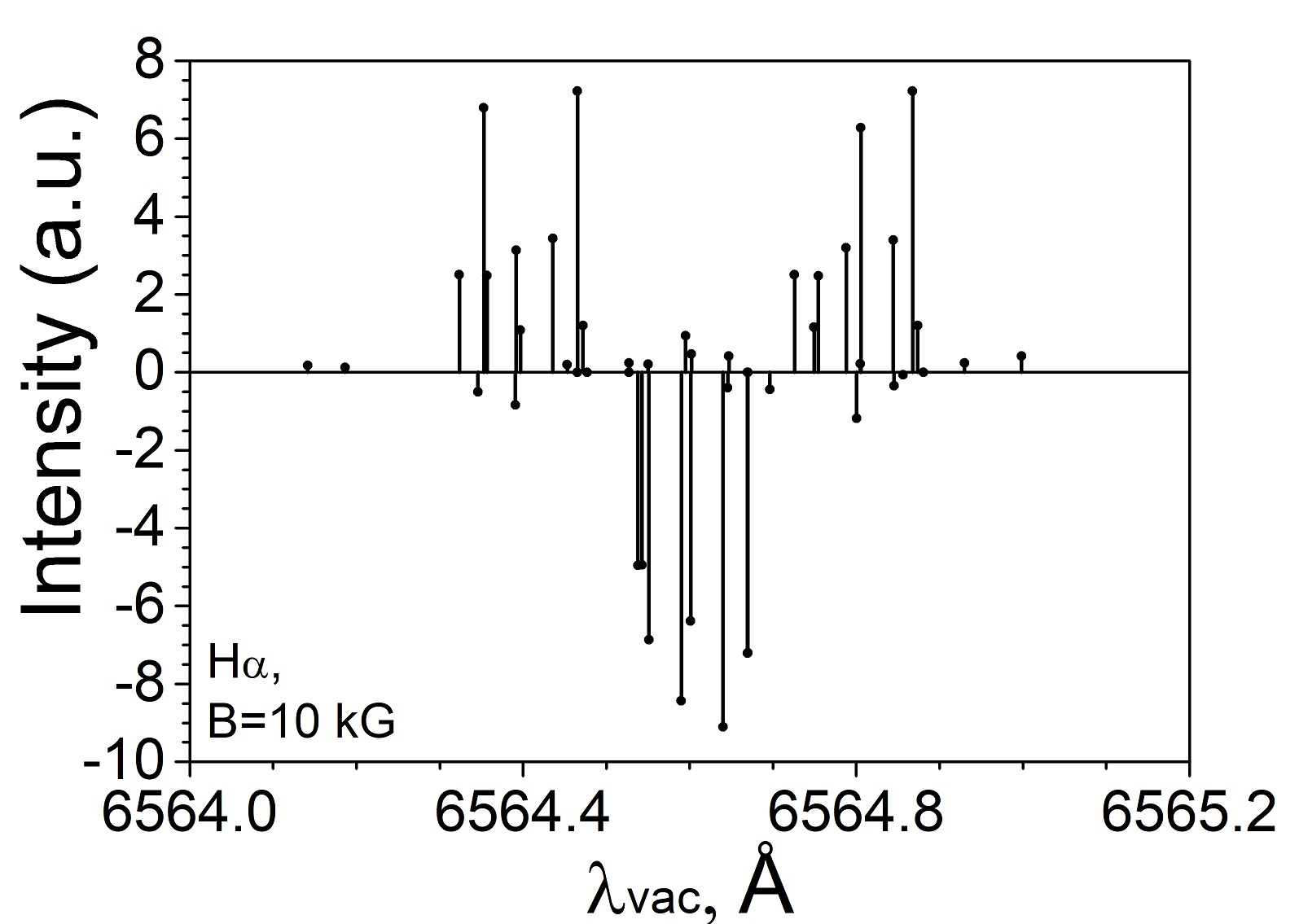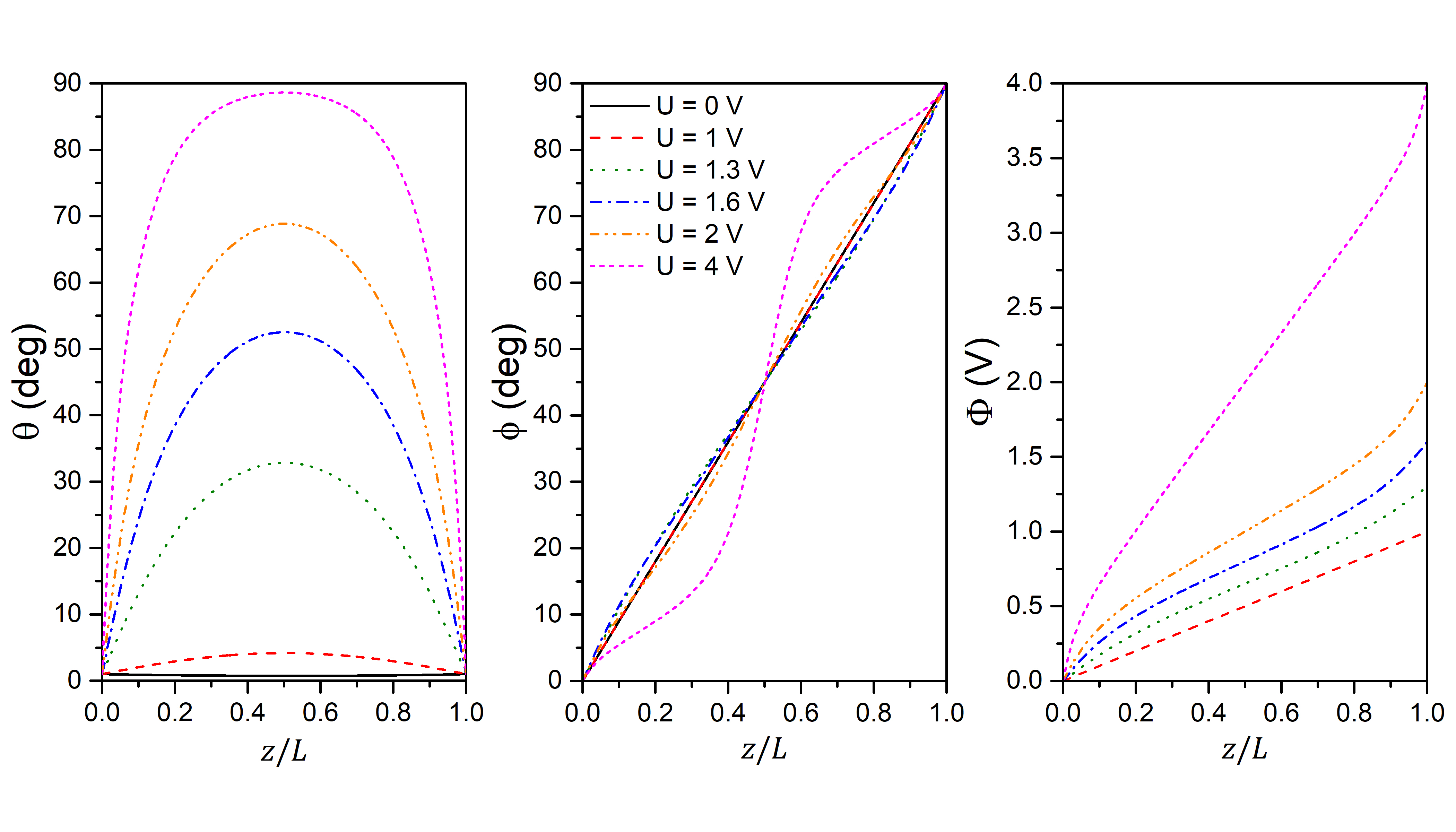About
|
Formal Education and Achievements
Faculty of Physics, Taras Shevchenko
National University of Kyiv, specialization "Quantum Computers, Computing and Information":
Certificates and Awards:

|
|
Research Interests

Nematic Liquid Crystals (NLC):
Solar Physics:
Scientific Computing:
|


